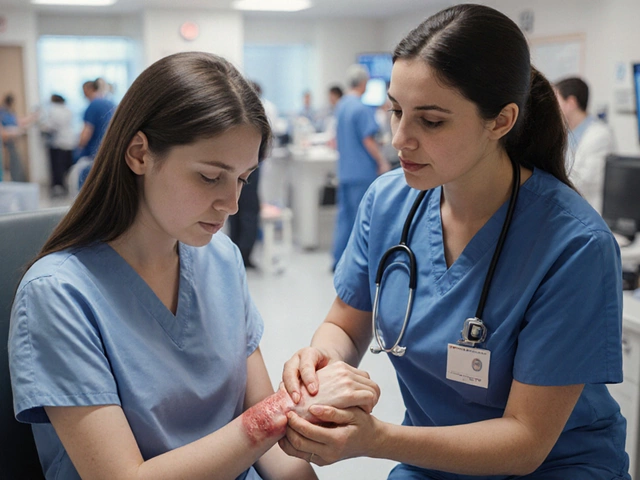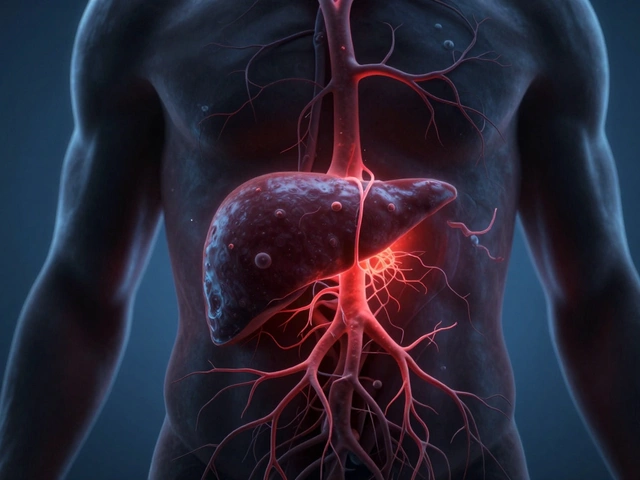Cardiac Surgery Outcomes: Real Facts You Need to Know
Thinking about heart surgery can feel scary. You want to know if the operation will work, how long recovery will take, and what you can do to help yourself. This guide breaks down the most important points in plain language, so you can feel more confident about the process.
First off, success rates for most common cardiac procedures—like bypass, valve repair, and stent placement—are high. In large hospitals, more than 90% of patients survive the operation and go on to enjoy better heart function. These numbers come from thousands of cases, so they give a reliable picture of what to expect.
Key Factors That Influence Outcomes
Age matters, but it’s not the whole story. Younger patients usually bounce back faster, yet many seniors have excellent results when they’re in good health before surgery. Your overall health—blood pressure, diabetes control, and lung function—plays a bigger role than you might think.
The surgeon’s experience is another big piece. Doctors who perform many heart operations each year tend to have lower complication rates. When you pick a hospital, look for one with a dedicated cardiac unit and a track record of low infection rates.
Finally, the type of surgery affects recovery time. Minimally invasive techniques often mean a shorter hospital stay and less pain, while traditional open‑heart surgery can require a week or more of intense care. Knowing which method your doctor recommends helps you plan ahead.
Tips to Boost Your Recovery
Start preparing before the incision. Quit smoking at least a month ahead, manage blood sugar, and follow a low‑salt diet. These steps lower the risk of complications and make it easier for your body to heal.
After the operation, move as soon as the doctor allows. Gentle walking, even a few minutes a day, improves circulation and reduces the chance of blood clots. Think of it as a “slow‑and‑steady” workout that speeds up healing.
Take your medicines exactly as prescribed. Blood thinners, pain relievers, and heart‑protecting drugs each have a purpose. Skipping doses can undo the surgery’s benefits, so set reminders or use a pill organizer.
Nutrition matters too. Protein‑rich foods like eggs, beans, and fish help rebuild tissues, while plenty of fruits and vegetables give the vitamins your heart needs. Staying hydrated supports blood flow and keeps kidneys happy.
Finally, lean on support. Family members can help with meals, appointments, and emotional encouragement. Having someone to talk to reduces stress, and lower stress means a smoother recovery.
In short, most cardiac surgeries lead to positive outcomes when you pick the right team, stay healthy before the procedure, and follow post‑op guidelines. Keep these points in mind, ask your surgeon any questions, and you’ll be set for a better heart and a better life.





